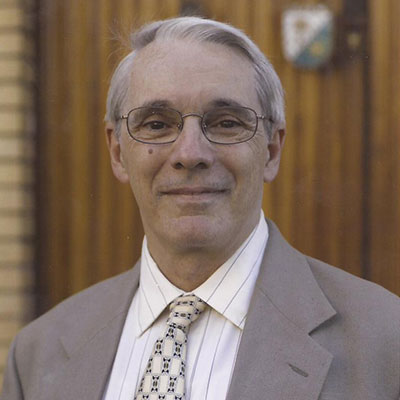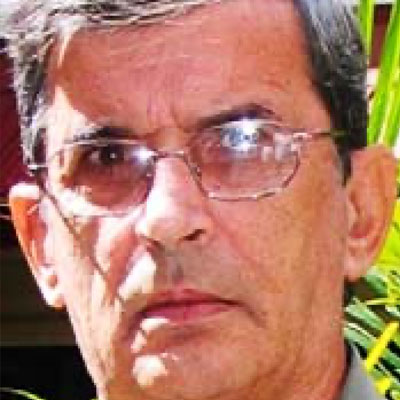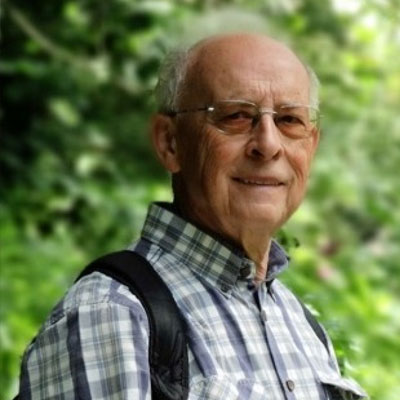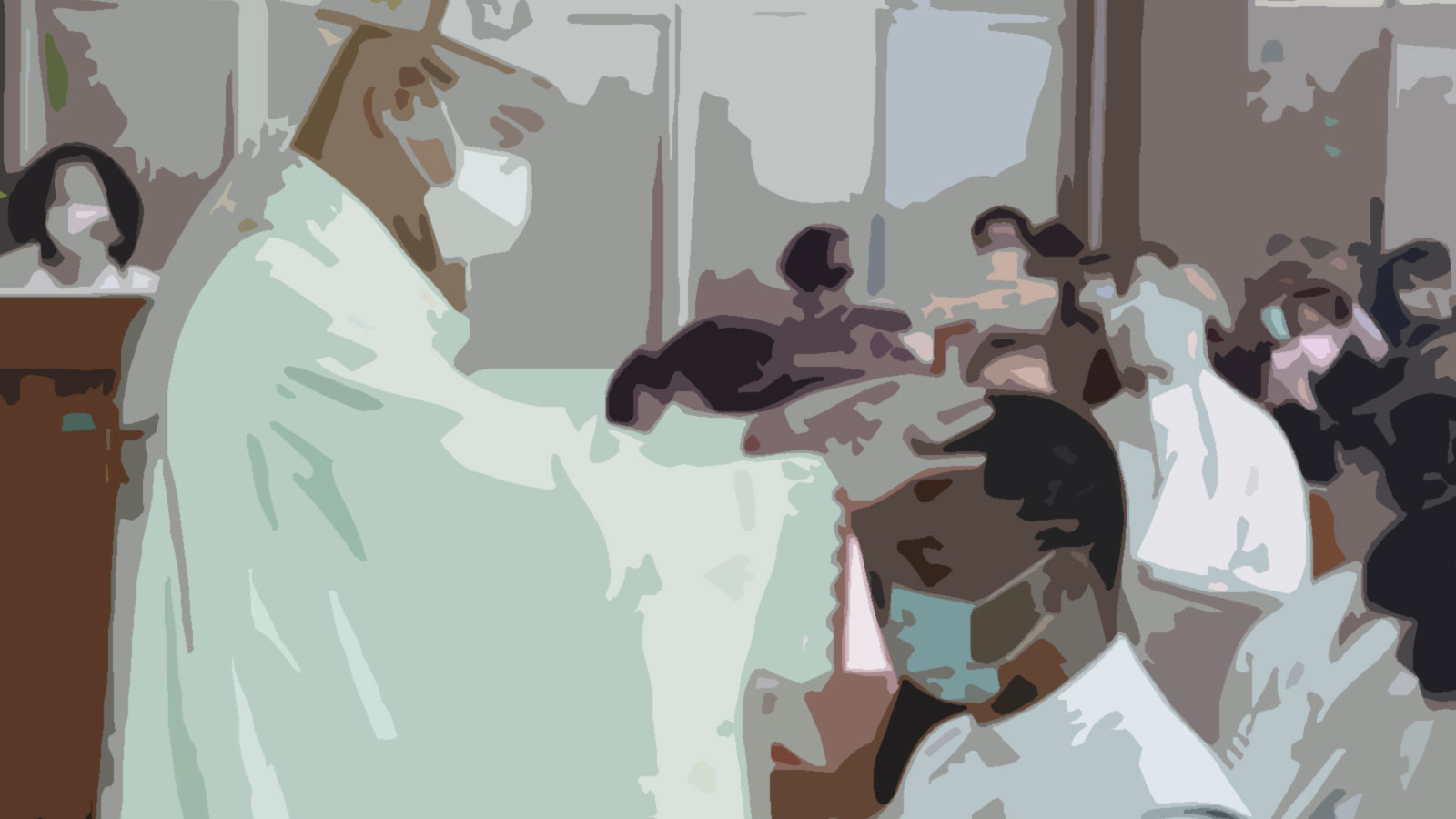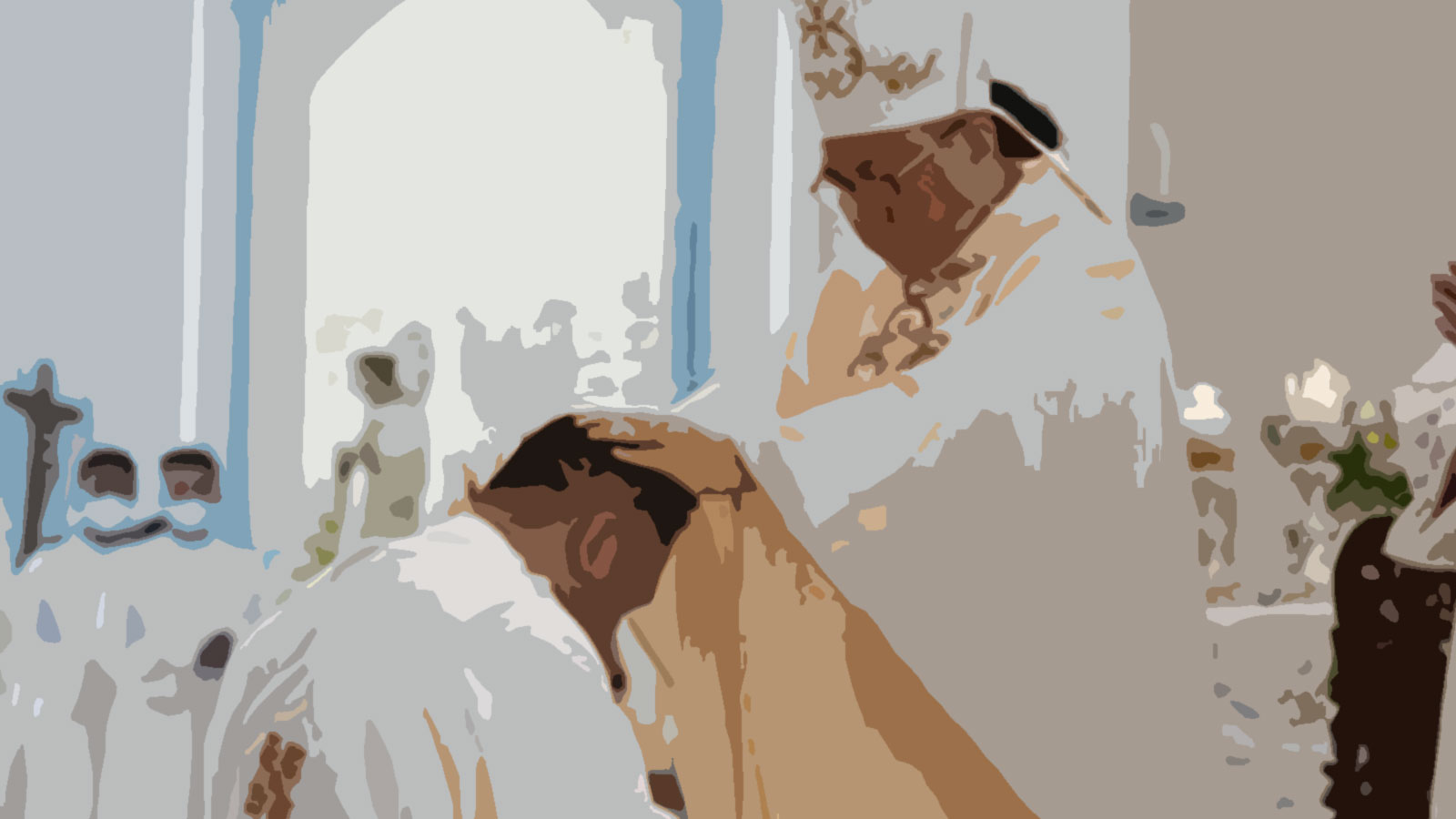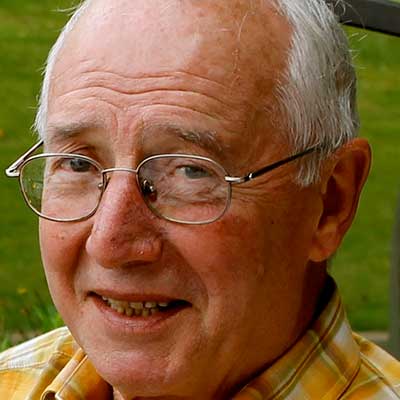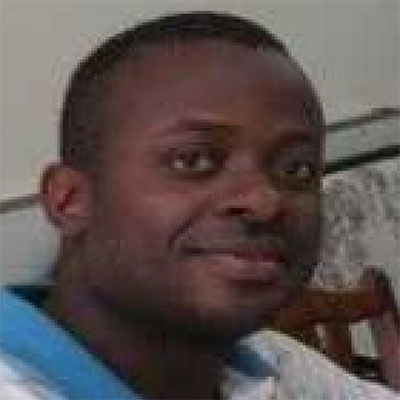 By Norbert Khonde, cicm
By Norbert Khonde, cicmThere is no way to live in this world without getting hurt, misunderstood, lied upon and/or rejected. Every human being somehow has already experienced at a certain moment of his/her life those terrible moments.
Once we are faced with those difficult situations, the natural reflex of an ordinary person is to think and to find some evils ways to take a very good revenge. This idea of revenge is and will always be present in the mind of every human being.
It remains forever a true temptation for everybody throughout the whole of human history. Even the children of Israel were not immune to it. It even became a kind of law for them at the time of their Exodus from Egypt. We can read it from Exodus 21:24 as it is written: “eye for eye, tooth for tooth, hand for hand, foot for foot”.
In short we can say that the idea of revenge is a kind of human reaction towards those who trespass against us.
Nevertheless let us ask ourselves these fundamental questions: Is there any other way to settle our problems without having to go through revenge? Is the idea of revenge good or bad? As Christians what is the best way for us to solve problems?
First of all let us see what our lord Jesus Christ thinks about it. In the Gospel according to Saint Matthew (5: 43-45), He says: You have heard that it was said, Love your neighbor and hate your enemy. But I tell you, love your enemies and pray for those who persecute you,
"You have heard that it was said, Love your neighbor and hate your enemy. But I tell you, love your enemies and pray for those who persecute you, that you may be children of your Father in heaven. He causes his sun to rise on the evil and the good, and sends rain on the righteous and the unrighteous".
Those words of our Lord Jesus Christ contradict the whole notion of revenge. Instead He invites us to take a different approach in case of problems among us. He encourages us to take the approach of peacemaking.
He invites us to make peacewith every human beingincluding those who trespassagainst us. Parents shouldmake peace with theirChildren; Teachers shouldmake peace with theirStudents; Doctors and nursesshould make peace with theirPatients; Pastors should makepeace with their flock; HumanBeings should make peace withMother Nature by taking goodcare of the Environment andNatural Resources; old peopleshould make peace with youngpeople, etc. In short the process of peace making concerns the whole Universe. All of us have to work together to build that peaceful world.
But can we really build a peaceful world knowing that people will always hurt each other? Is it possible to reach that goal? Since Human Beings are in nature fragile our Lord Jesus Christ reminds us that the only way to make the dream of a peaceful world possible is to always forgive each other’s faults. Without forgiveness, it is simply impossible to live and to work together. Forgiveness begets peace.
In short we can say that the idea of revenge is a kind of human reaction towards those who trespass against us.
Nevertheless let us ask ourselves these fundamental questions: Is there any other way to settle our problems without having to go through revenge? Is the idea of revenge good or bad? As Christians what is the best way for us to solve problems?
First of all let us see what our lord Jesus Christ thinks about it. In the Gospel according to Saint Matthew (5: 43-45), He says: You have heard that it was said, Love your neighbor and hate your enemy. But I tell you, love your enemies and pray for those who persecute you,
"You have heard that it was said, Love your neighbor and hate your enemy. But I tell you, love your enemies and pray for those who persecute you, that you may be children of your Father in heaven. He causes his sun to rise on the evil and the good, and sends rain on the righteous and the unrighteous".
Those words of our Lord Jesus Christ contradict the whole notion of revenge. Instead He invites us to take a different approach in case of problems among us. He encourages us to take the approach of peacemaking.
He invites us to make peacewith every human beingincluding those who trespassagainst us. Parents shouldmake peace with theirChildren; Teachers shouldmake peace with theirStudents; Doctors and nursesshould make peace with theirPatients; Pastors should makepeace with their flock; HumanBeings should make peace withMother Nature by taking goodcare of the Environment andNatural Resources; old peopleshould make peace with youngpeople, etc. In short the process of peace making concerns the whole Universe. All of us have to work together to build that peaceful world.
But can we really build a peaceful world knowing that people will always hurt each other? Is it possible to reach that goal? Since Human Beings are in nature fragile our Lord Jesus Christ reminds us that the only way to make the dream of a peaceful world possible is to always forgive each other’s faults. Without forgiveness, it is simply impossible to live and to work together. Forgiveness begets peace.
Forgiving others creates an attitude of peace first in our own hearts, secondly in the society where we live, and lastly with God who is the source of our existence. This is why Jesus Christ told His disciples to pray to our heavenly Father using these words: “forgive us our sins, as we have forgiven those who sin against us” (Matthew 6:12).
Brethren we are all aware that forgiving those who trespass against us is not something very easy to do. For that we need to make some effort on one side and on the other side to seek God’s grace to help us so that we may be able to comprehend and to interiorize this value. Let us always remember that forgiveness begets peace.


